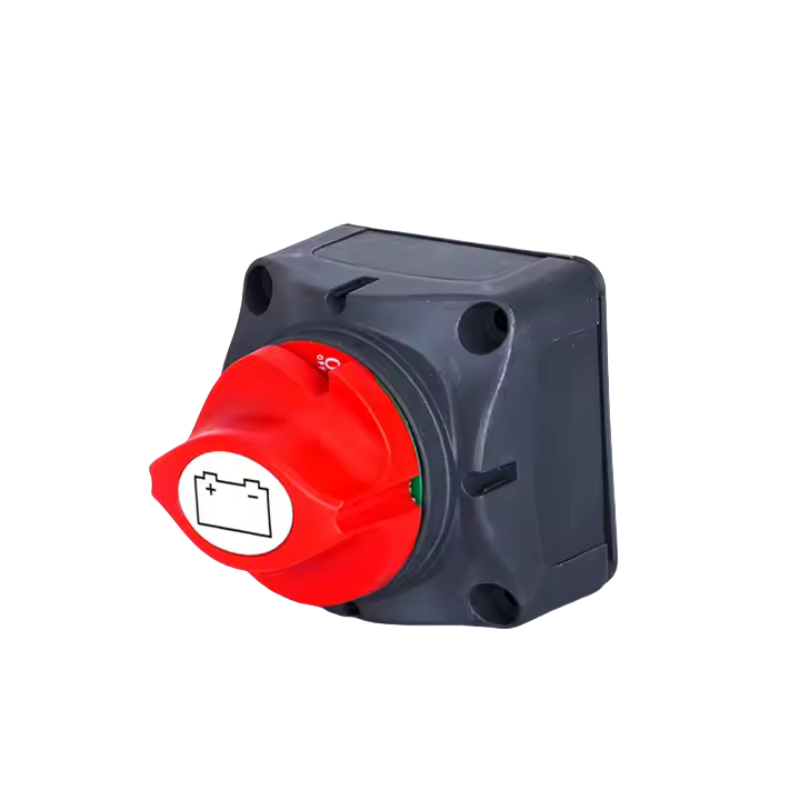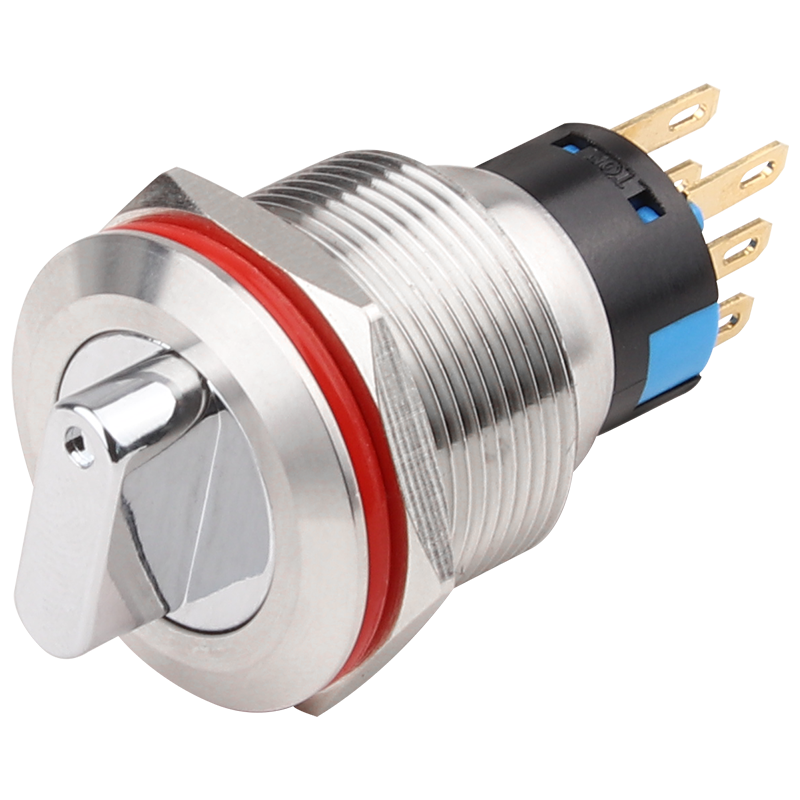In industrial and commercial applications, maintaining precise liquid level control is essential for operational efficiency and safety. IP67 electric float sensors provide a robust, weatherproof solution for automotive, industrial, and equipment systems exposed to moisture, dust, or chemicals. Designed with corrosion-resistant materials and smart-enabled features, these sensors ensure reliability in demanding environments. This article explores their advantages, technical specifications, and applications, highlighting why IP67 Electric Float Sensors are a critical choice for B2B clients.
Why IP67 Electric Float Sensors Excel in Tank Applications
IP67 certification guarantees complete dust tightness and protection against temporary water immersion up to 1 meter for 30 minutes. For tanks in automotive cooling systems, industrial machinery, or humidifiers, this standard ensures uninterrupted operation despite harsh conditions. The Automatic Plastic Water Tank Level Switch—an IP67-rated electric float sensor—leverages PP material to resist chemical corrosion and physical wear, while its N.O/N.C contacts and switching transducer outputs deliver precise control for pumps, alarms, or automation systems.
Key Technical Advantages
1.Corrosion-Resistant PP Material
Unlike metal float sensors prone to rust, PP construction withstands acidic or alkaline environments. Ideal for water treatment tanks, agricultural irrigation, or automotive coolant systems, this material extends sensor lifespan and reduces maintenance.
2.IP67 Protection for Reliability
Sealed housing blocks dust, debris, and water ingress. This is critical for outdoor equipment, food processing machinery, or marine applications where sensor failures risk leaks, downtime, or safety hazards.
3.Customizable Electrical Configurations
With rated currents from 0.5A to 1.5A and voltages up to 200VDC, these sensors adapt to diverse systems. Switching transducer outputs (0-10W/50W) integrate seamlessly with PLCs, IoT platforms, or local alarms, supporting smart factory and automation demands.
Applications and Installation Considerations
1 Automotive Cooling Systems
Monitor coolant levels in heavy-duty trucks or industrial vehicles, ensuring engine reliability. The 350mm wire length (customizable) accommodates tight tank spaces.
2. Industrial Humidifiers and Tanks
Maintain optimal water levels in HVAC systems or manufacturing equipment. N.O/N.C contacts allow fail-safe configurations to prevent dry-running or overflow.
3. Chemical Storage
PP material resists corrosive liquids, making it suitable for solvents, acids, or detergents. IP67 protection ensures safe operation in humid or splashing environments.
Misalignment or improper wiring often causes sensor failures. Mitigate risks by:
• Installing floats vertically to ensure smooth movement
• Using shielded cables to minimize electromagnetic interference
• Configuring N.O/N.C settings to match pump or control logic
For businesses managing complex tank systems, these sensors offer:
• Lower Downtime: IP67 durability reduces failure-related interruptions
• Cost Efficiency: PP material minimizes replacement costs
• Scalability: Custom wire lengths and outputs adapt to evolving needs
The IP67 Electric Float Sensor combines precision engineering with versatility. Its PP construction, smart outputs, and IP67 rating make it a strategic asset for automotive, industrial, and commercial sectors. It’s more than a component—it’s a foundation for operational resilience.
Contact us today to optimize your tank monitoring systems with waterproof, reliable float sensors designed for extreme environments.



